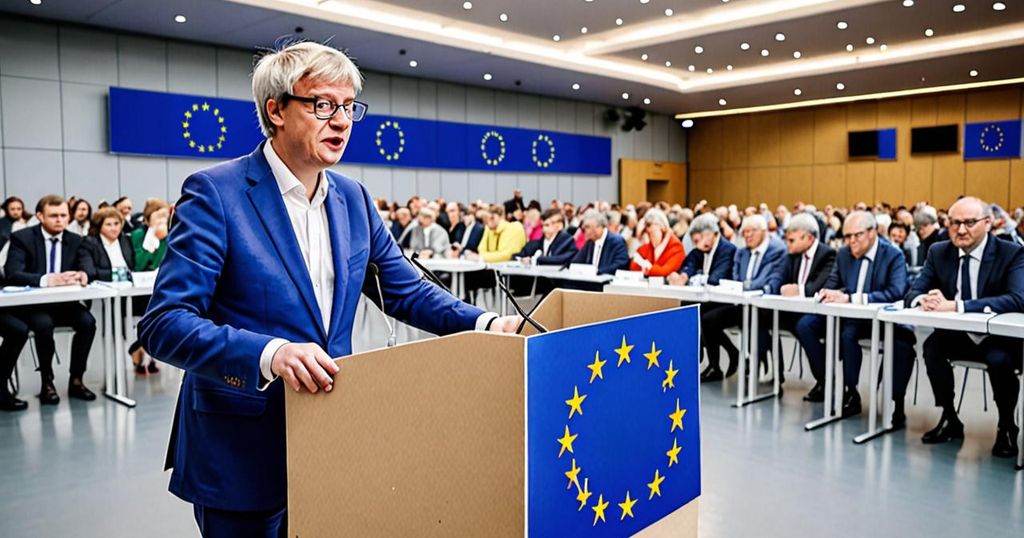The year 2024 is poised to be a momentous year for global politics, as four major countries and territories prepare for elections to be held that will have a substantial impact on the latter part of the decade. These elections will not only determine the leadership of these nations but also mold the global landscape in diverse ways.
First, Russia is scheduled to hold a presidential election in March, which will determine the country’s leader until 2030. This election will have implications for Russia’s foreign policy, particularly its relationship with the West, as well as its stance on key global issues such as climate change, energy security, and international conflicts.
Closely following, India will conduct general elections between April and May, electing the government and parliament that will lead the country until 2029. India’s role in global trade, security, and climate negotiations makes these elections imperative for global affairs, as the country’s policies and positions on various issues will have far-reaching implications.
In June, the European Union will hold bloc-wide elections to appoint members of the European Parliament for the 2024-2029 period, which will also result in a new European Commission. The outcome of these elections will be of great significance for the EU’s policies on trade, immigration, security, and environmental protection, impacting not only the union itself but also its relationships with other global powers.
Finally, the United States will hold legislative and presidential elections for the 2025-2028 period. Given its status as a global superpower, the outcomes of these elections will have profound effects on global economics, security, and diplomacy. The US government’s stance on issues such as international trade, climate change, and geopolitical stability will significantly influence global affairs.
When combined, these elections will impact a population of roughly 2.3 billion people and a GDP of approximately $42 trillion. The results of these elections will set the tone for global interactions into the 2030s, shaping the policies and priorities of these major players on the world stage.
Given the immense impact that these elections will have, it is crucial for global policymakers, businesses, and stakeholders to closely monitor the developments leading up to these elections. Understanding the potential outcomes and the implications they may have on various aspects of global affairs will be essential for strategic planning and decision-making in the years to come.
As the world looks ahead to the second half of the decade, the outcomes of the 2024 elections in Russia, India, the European Union, and the United States are sure to be defining moments that will shape the trajectory of global politics and international relations in the years to come.








